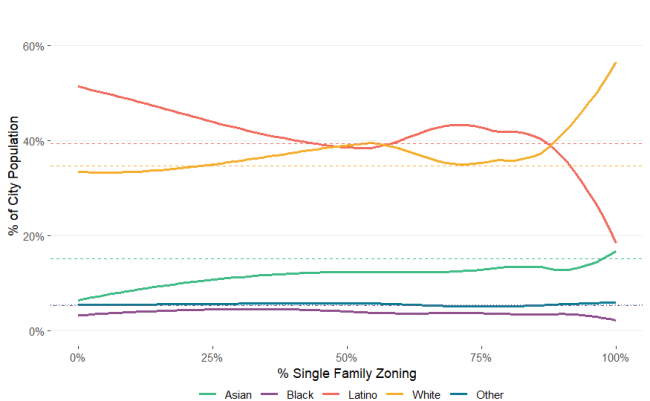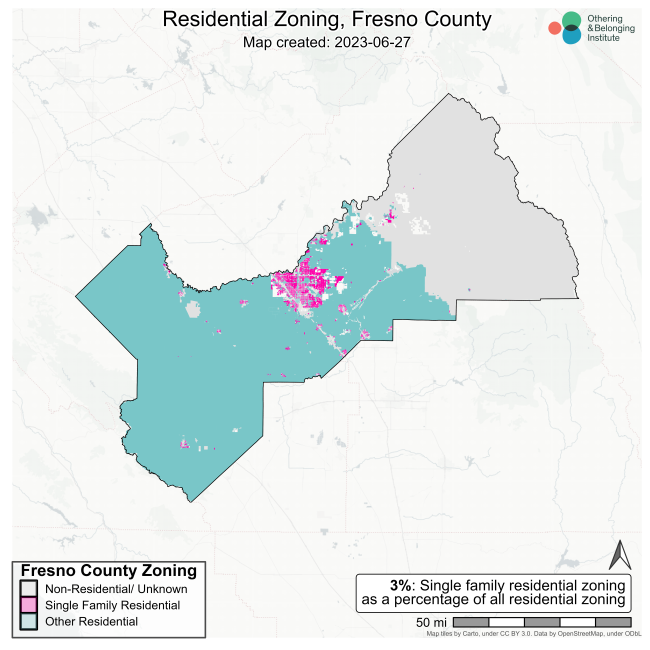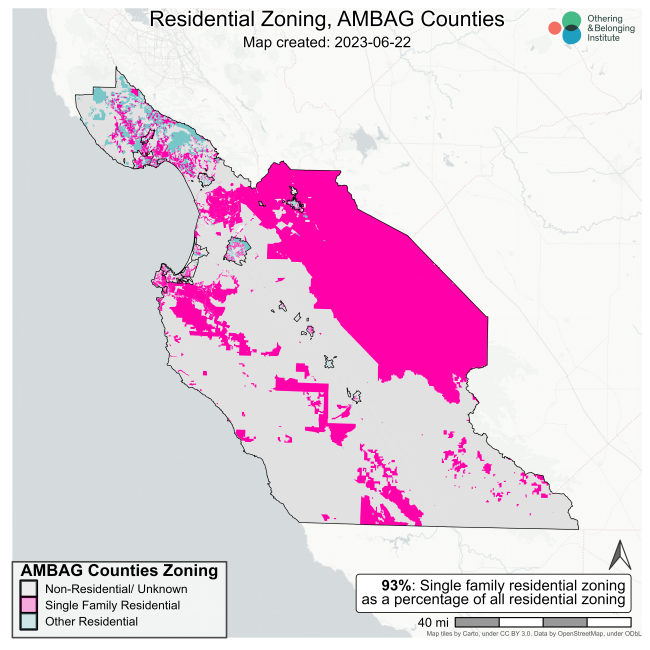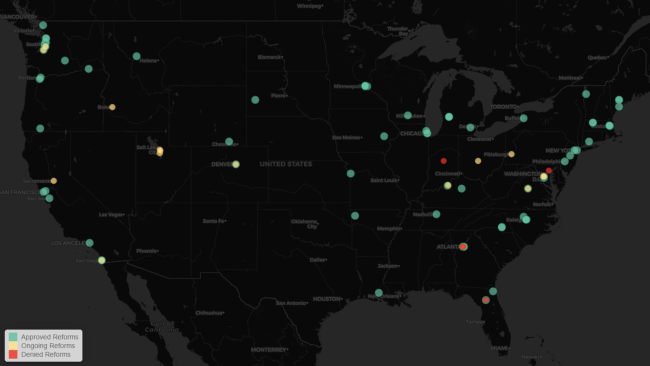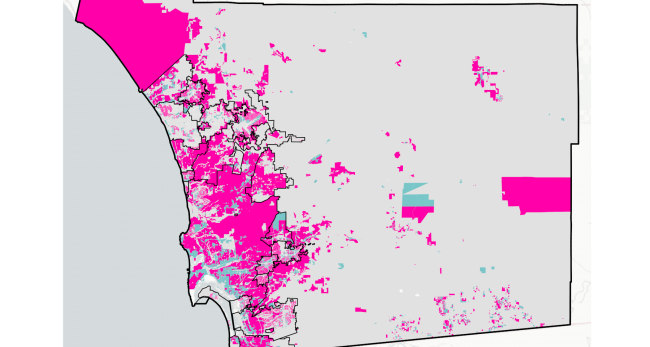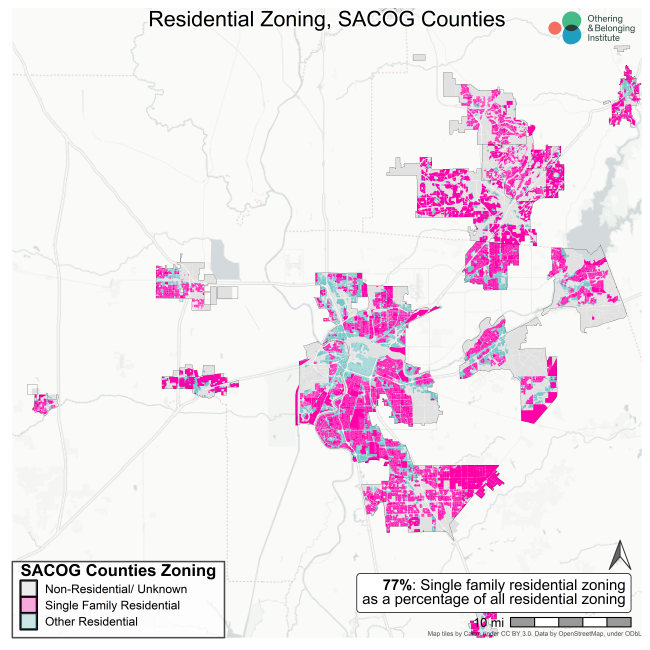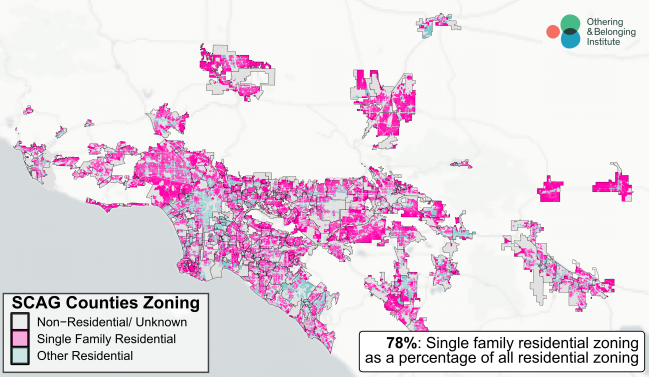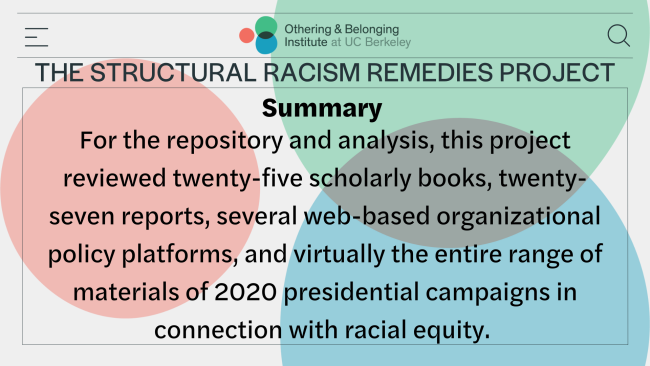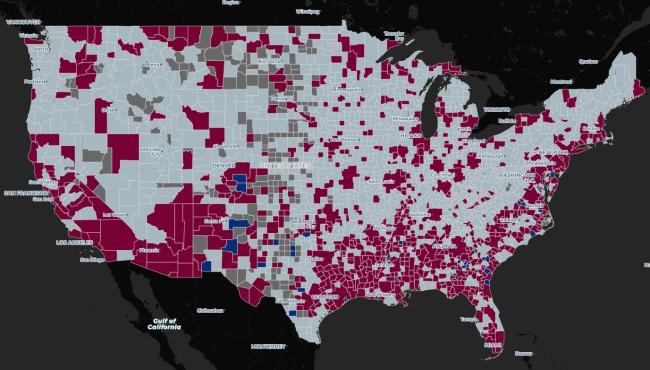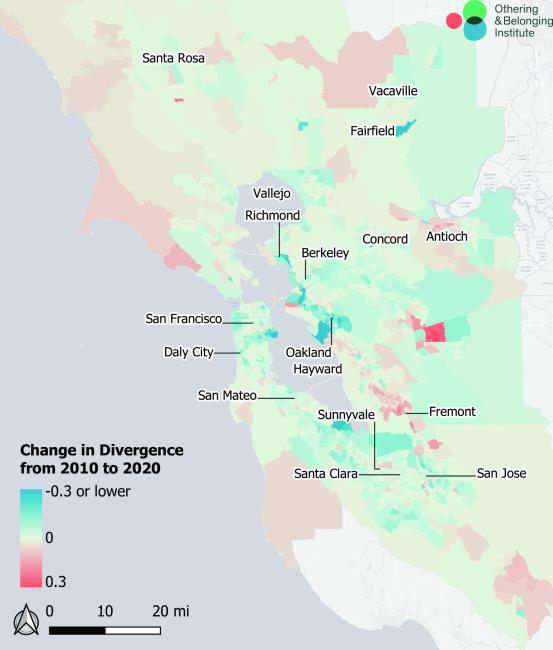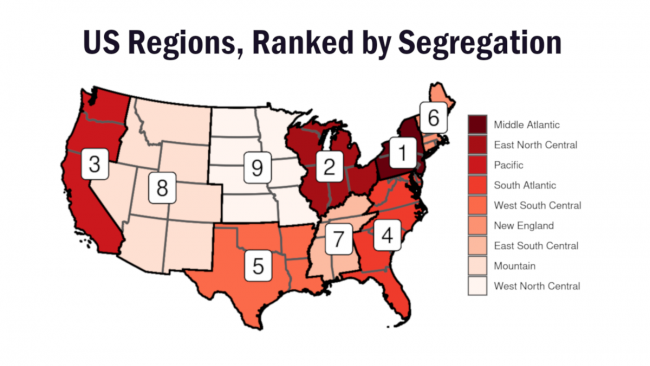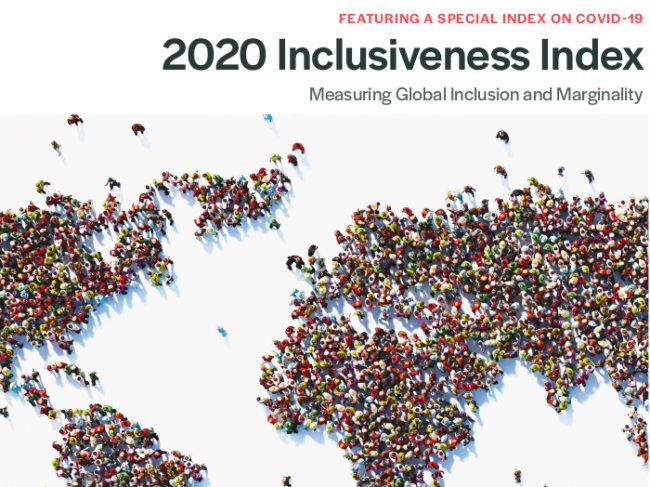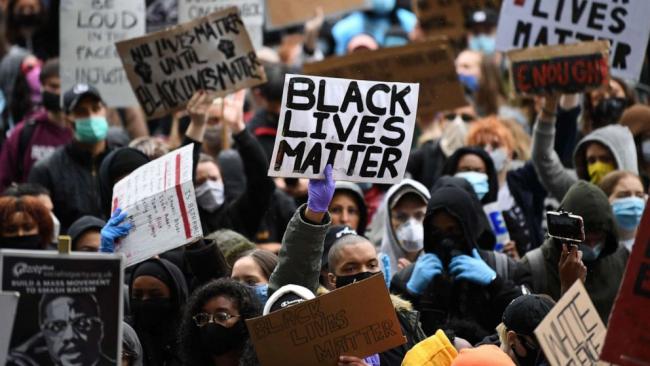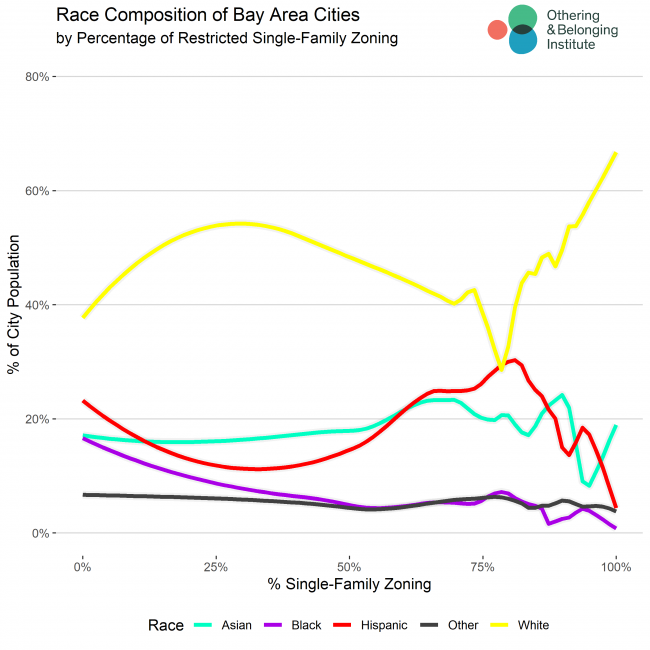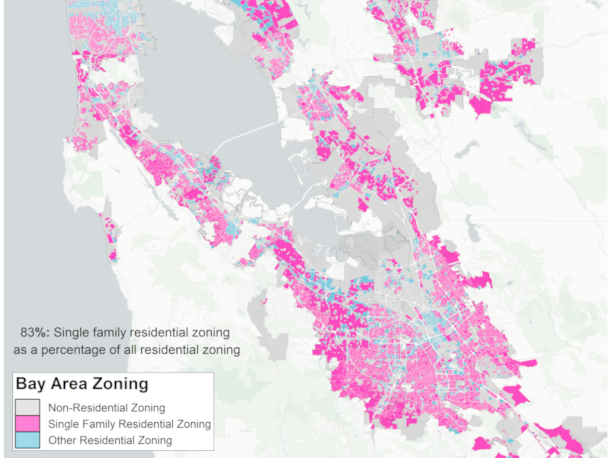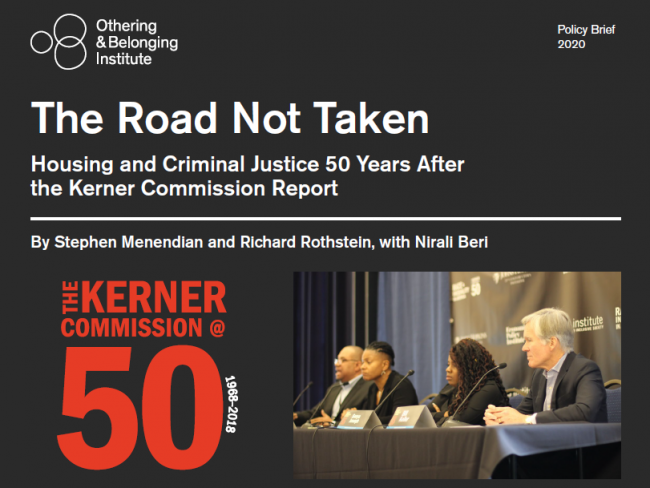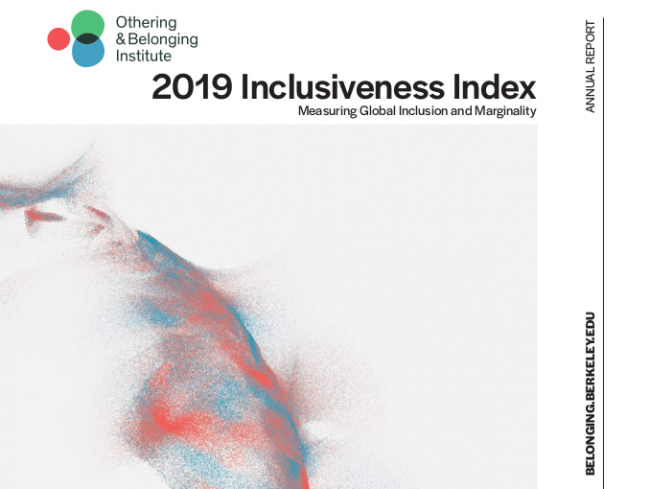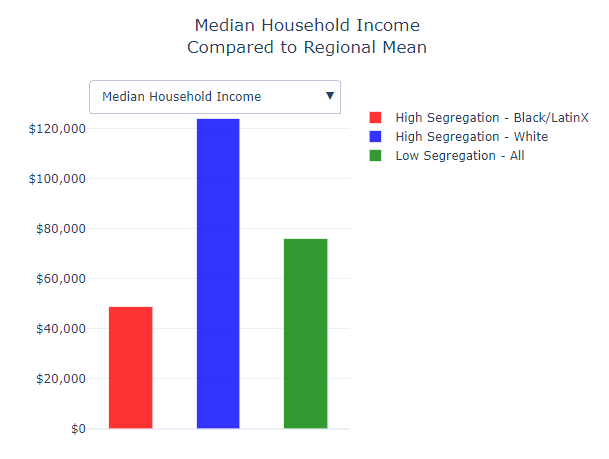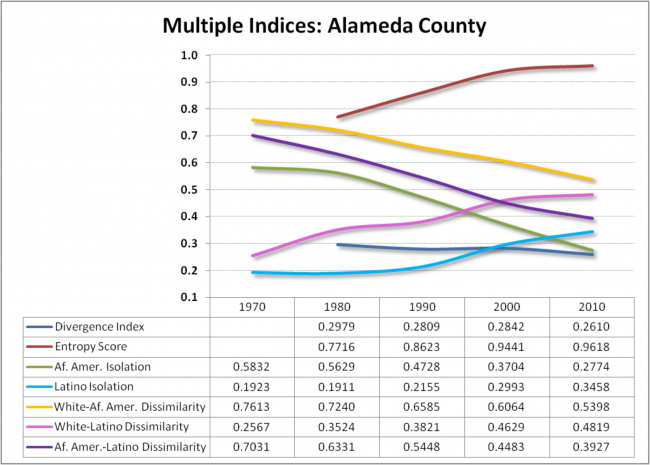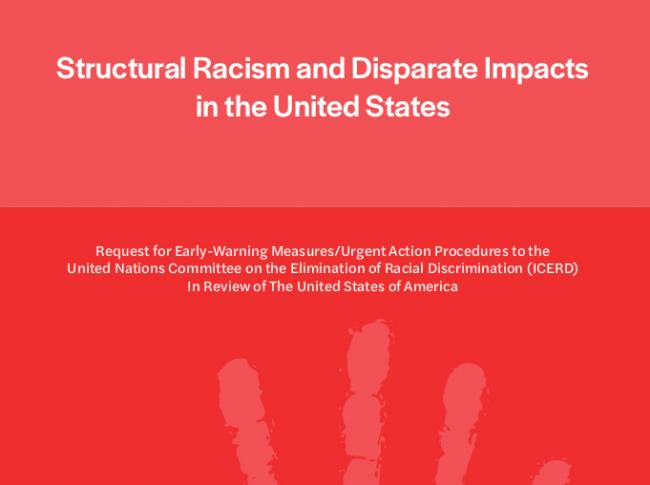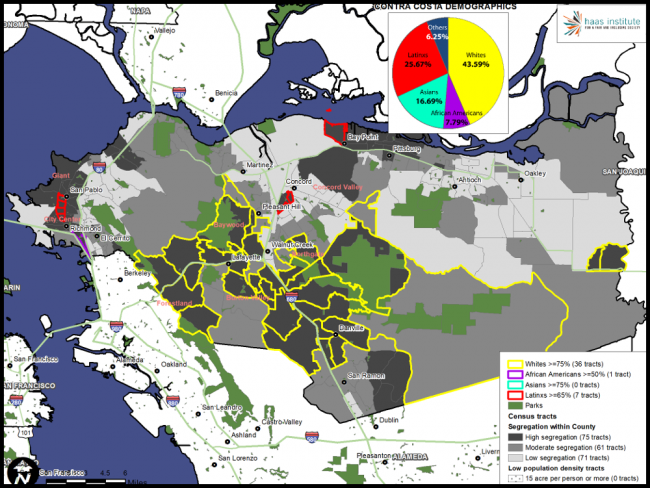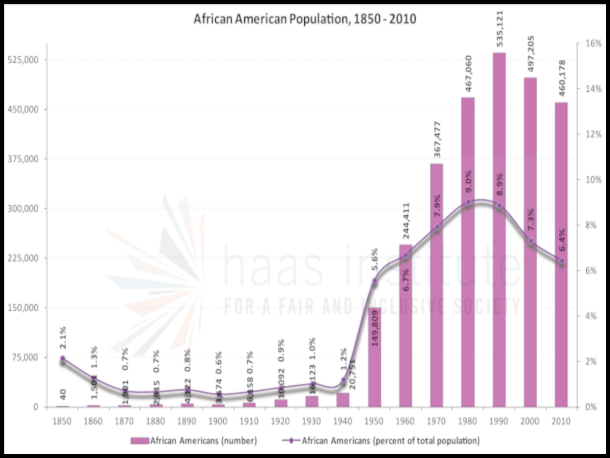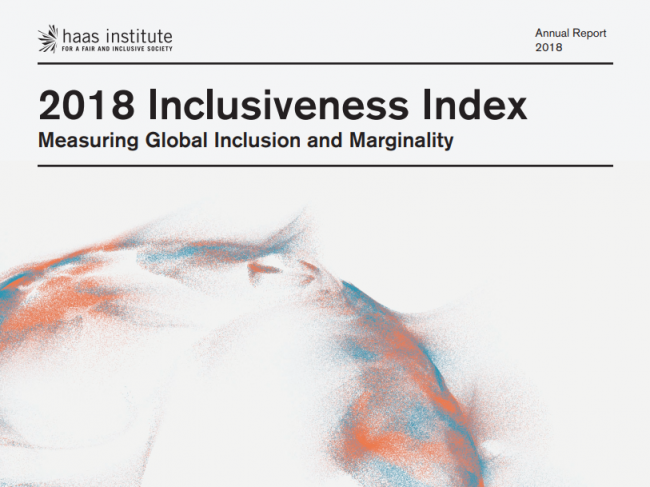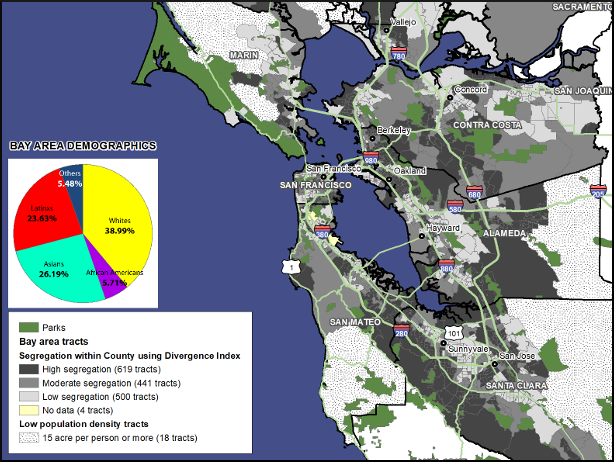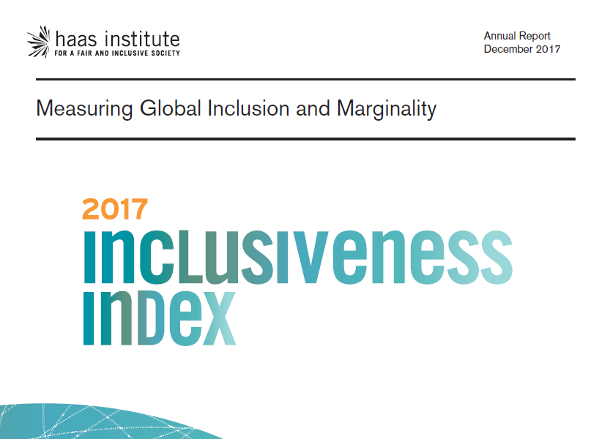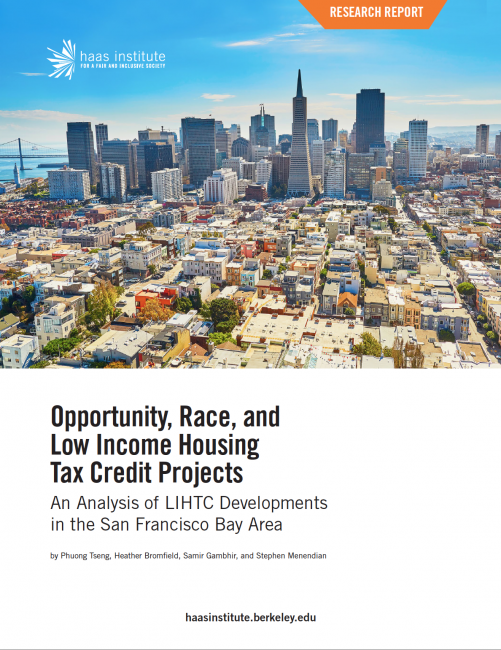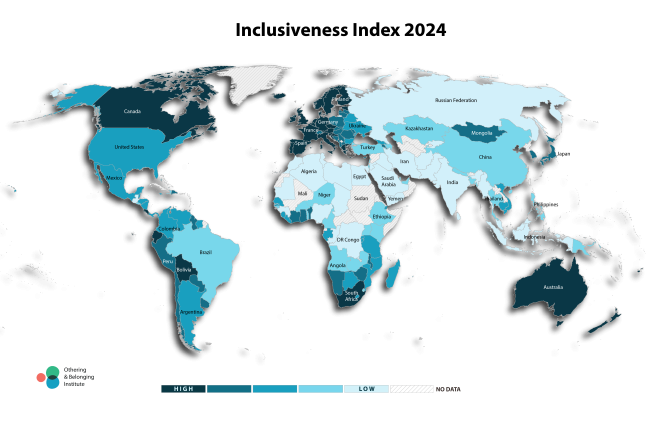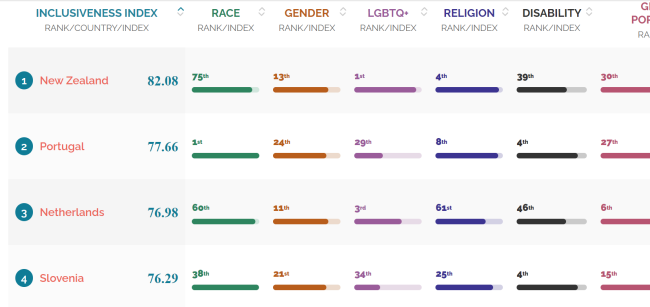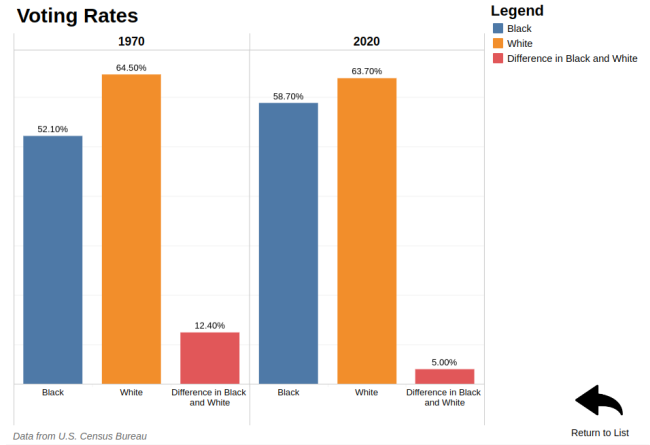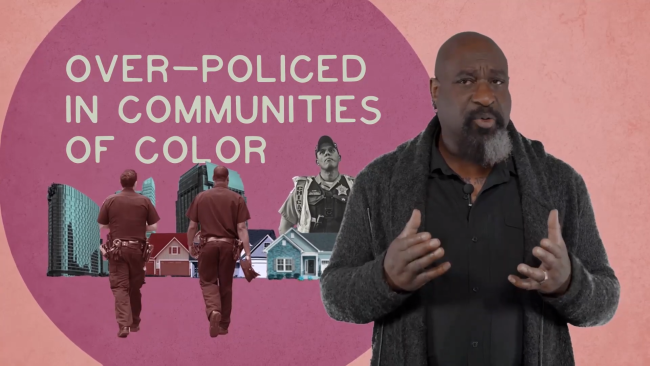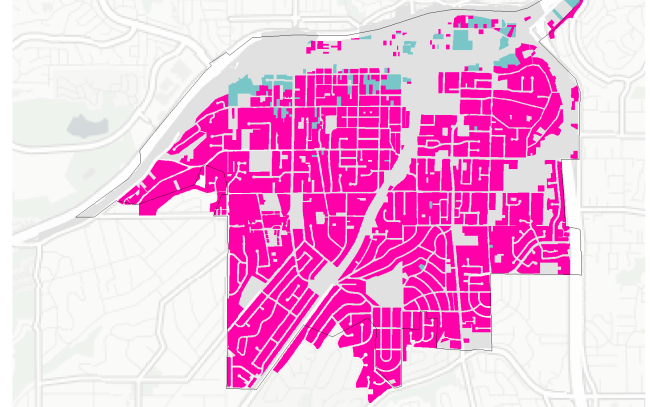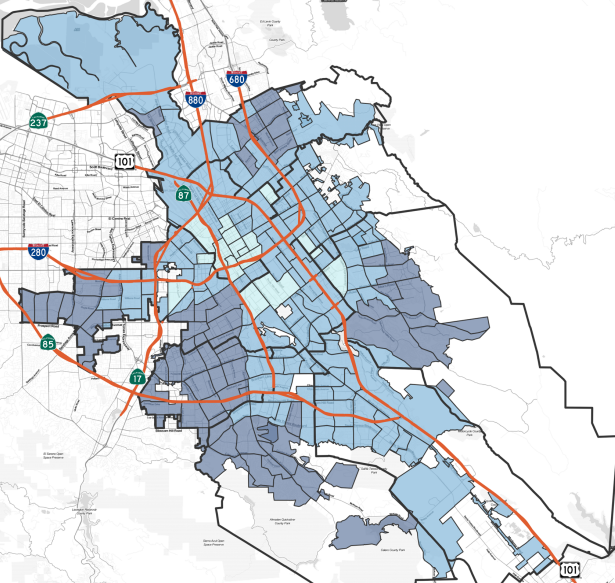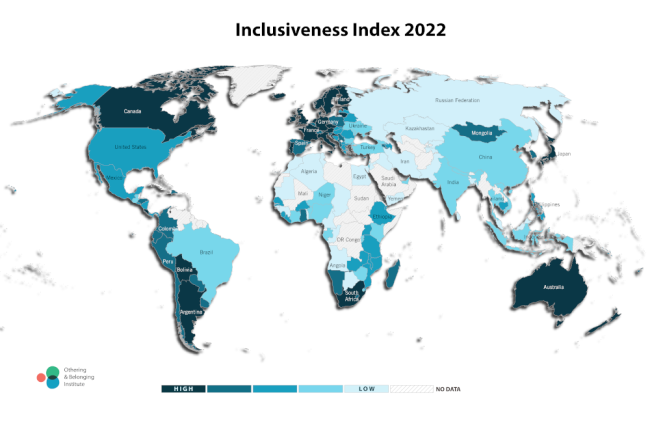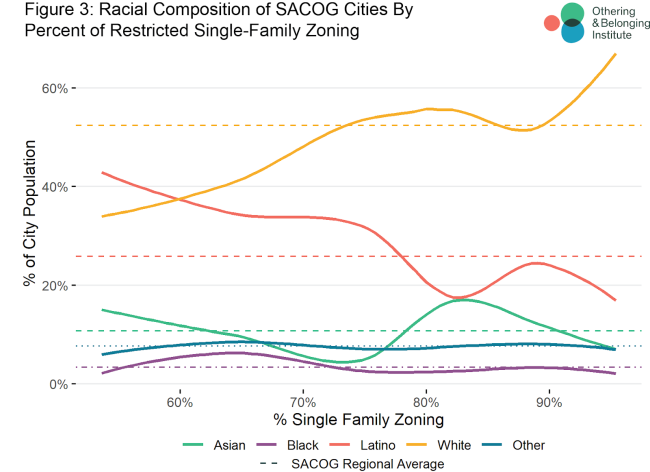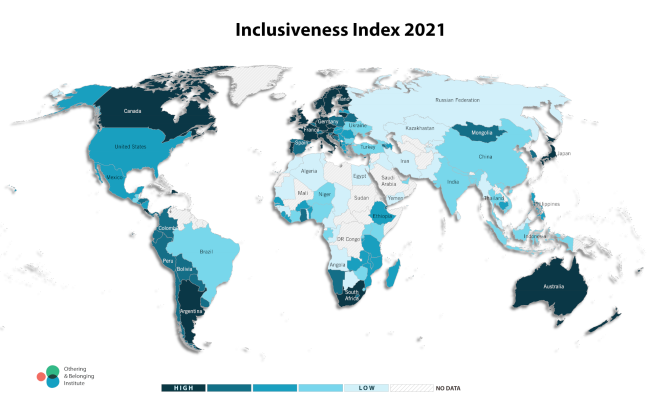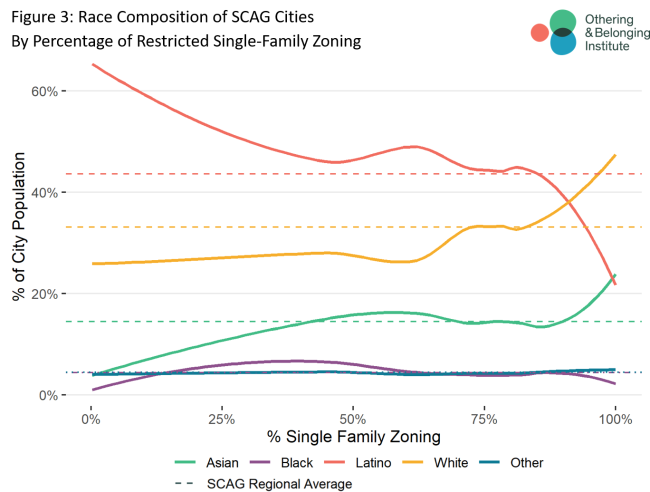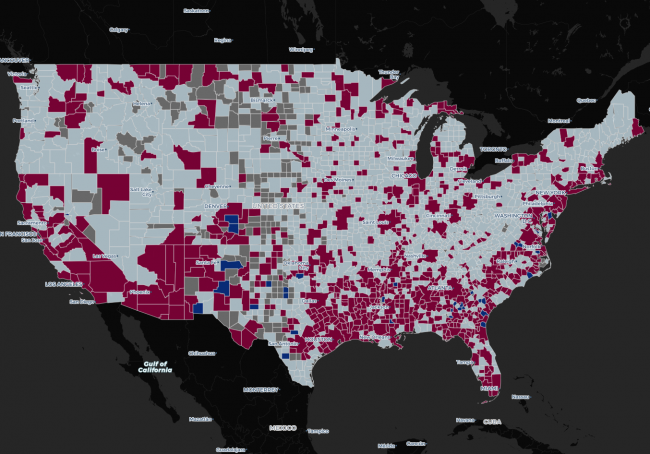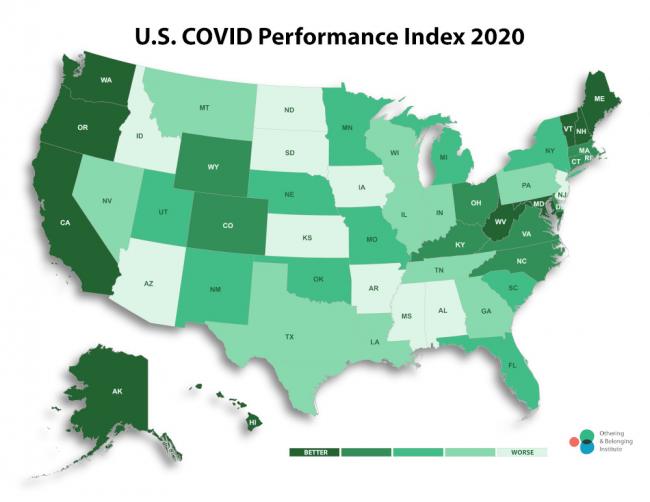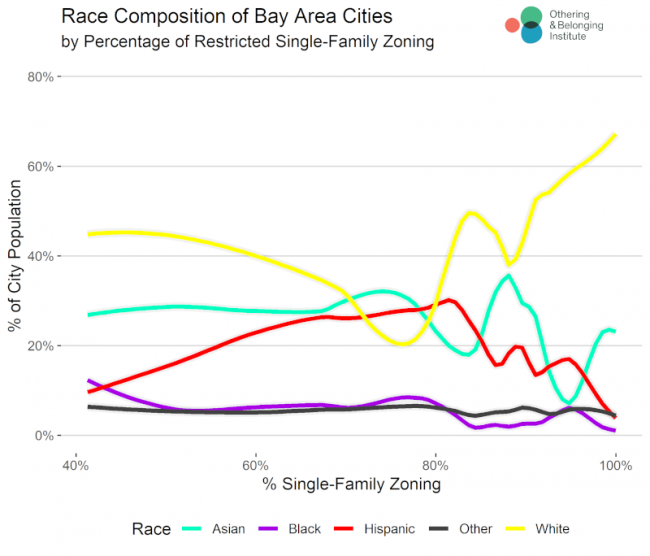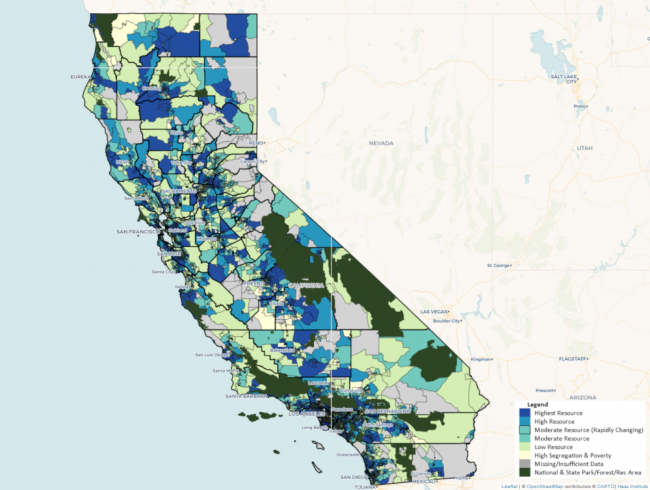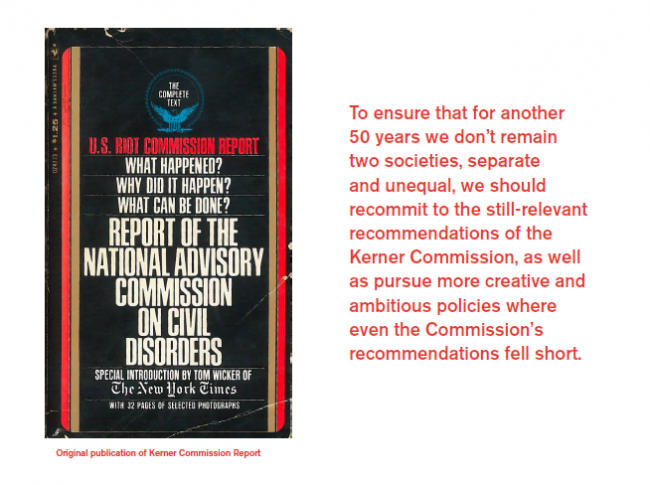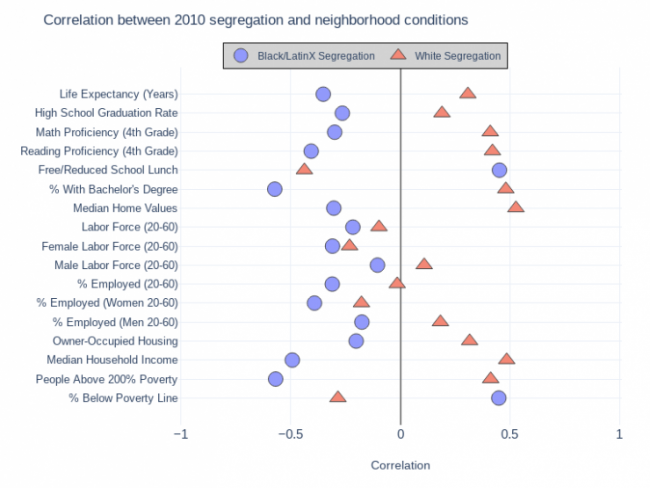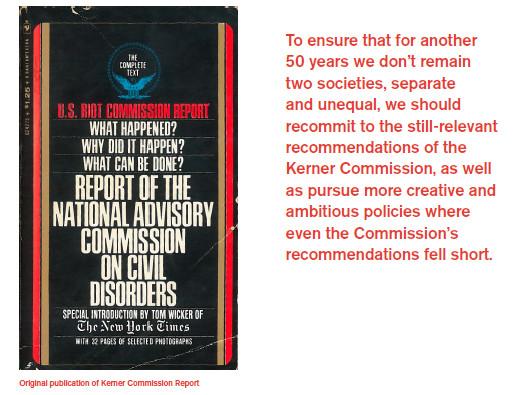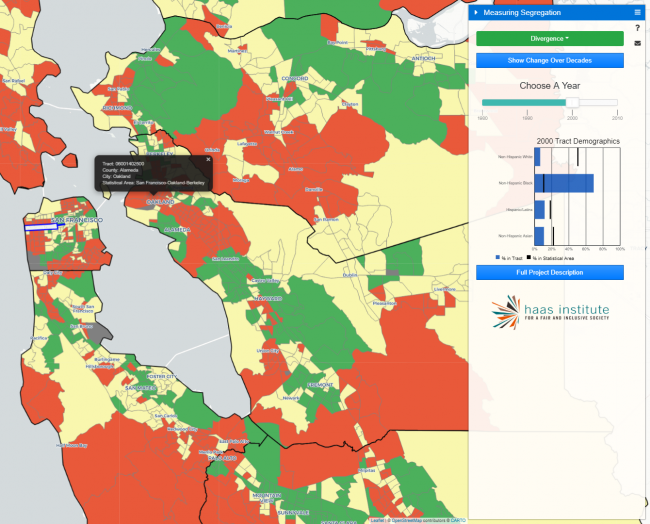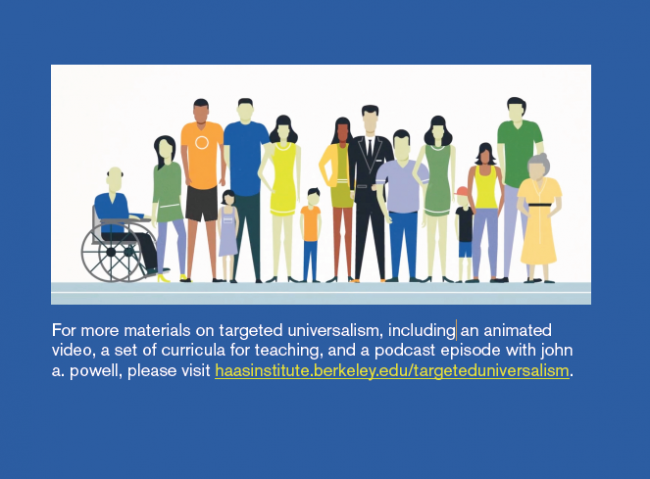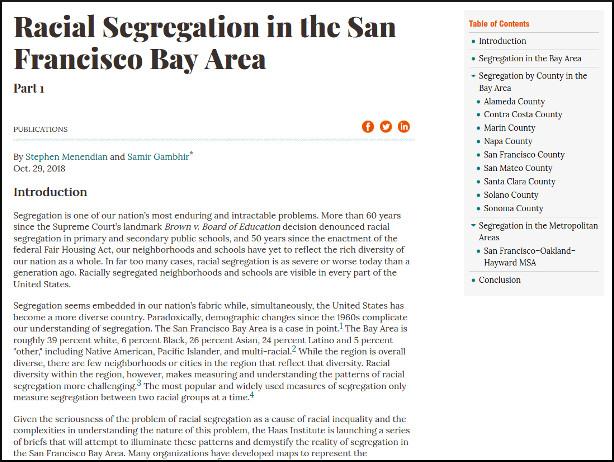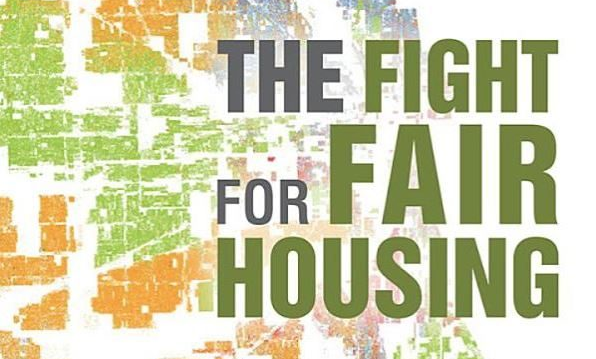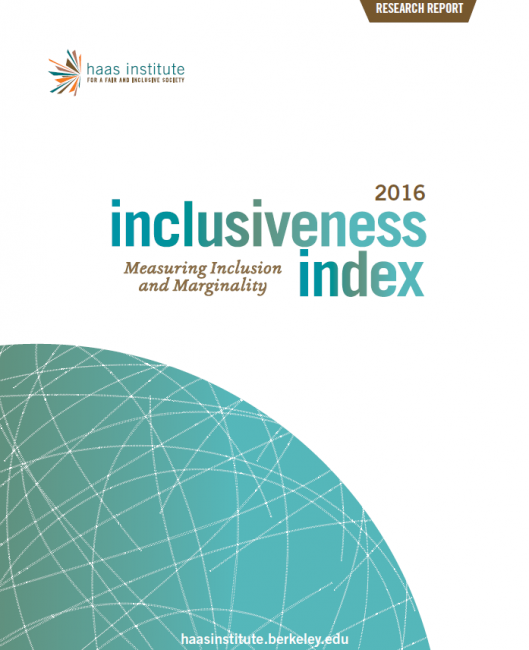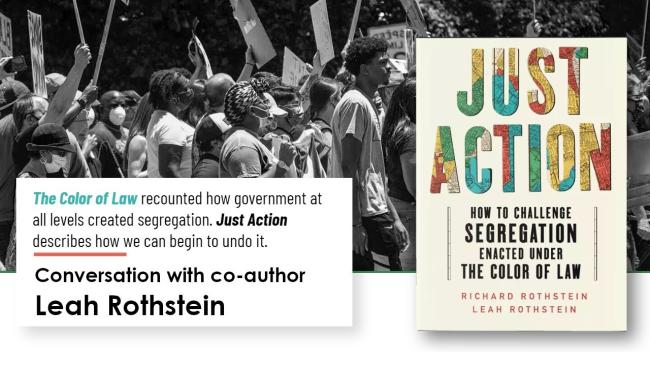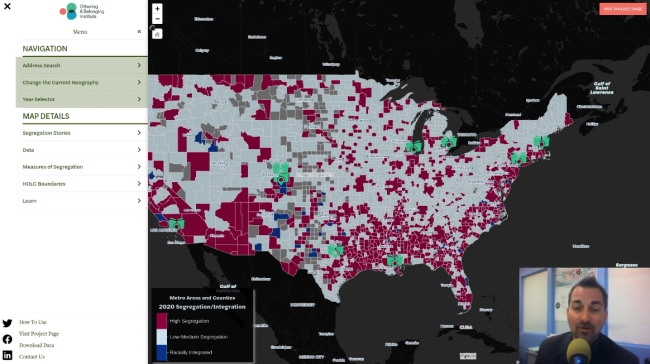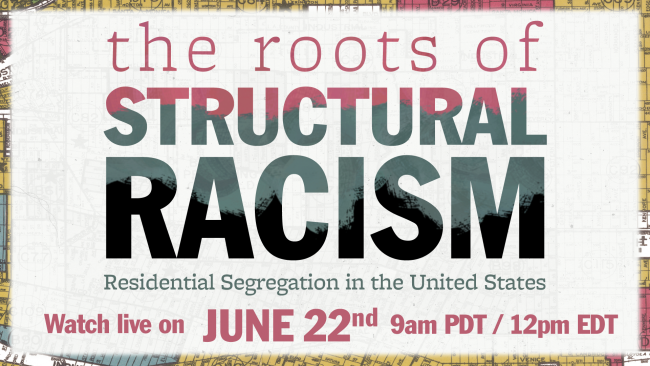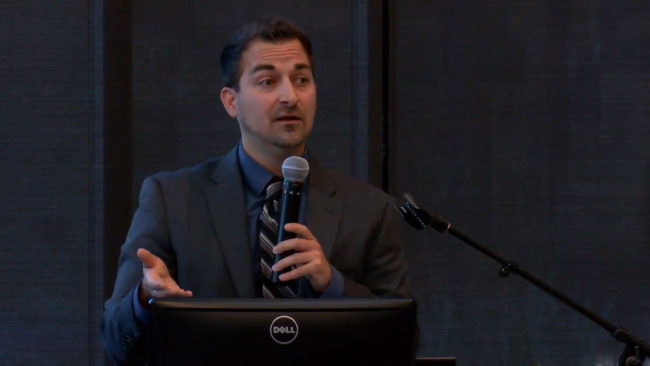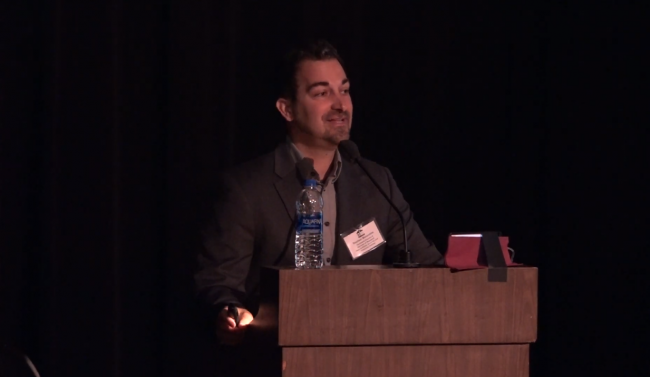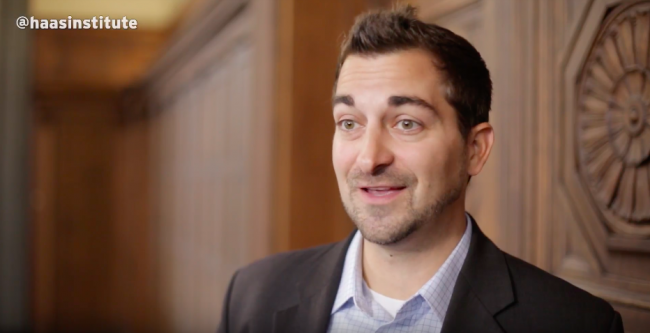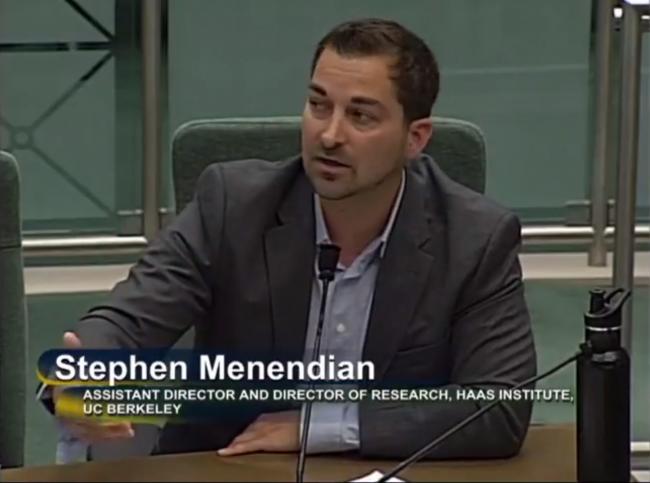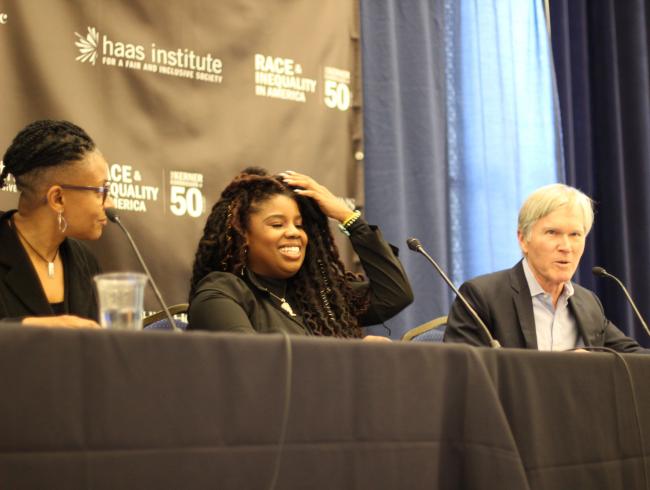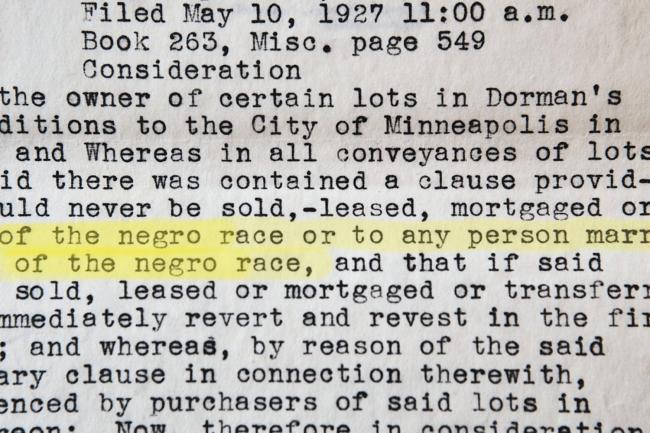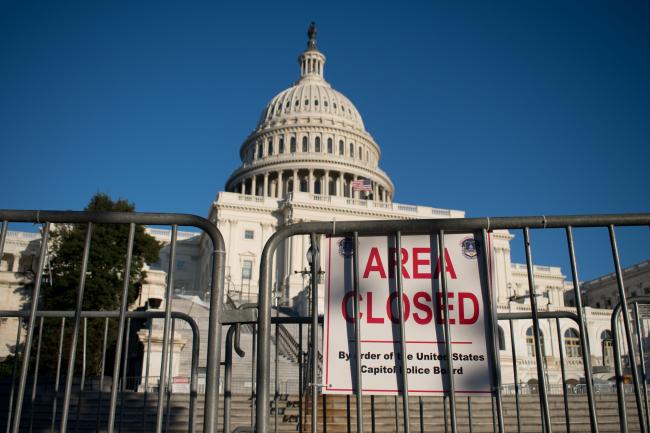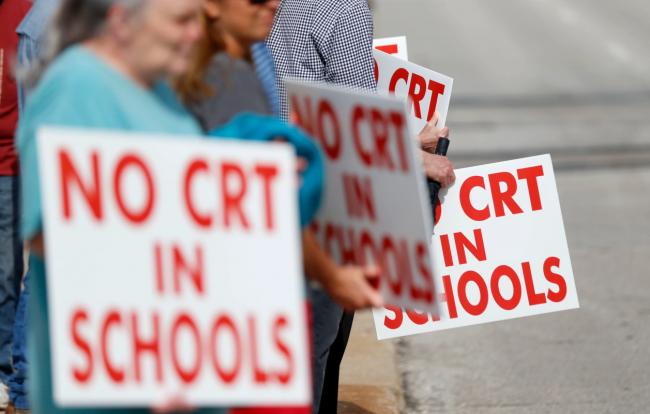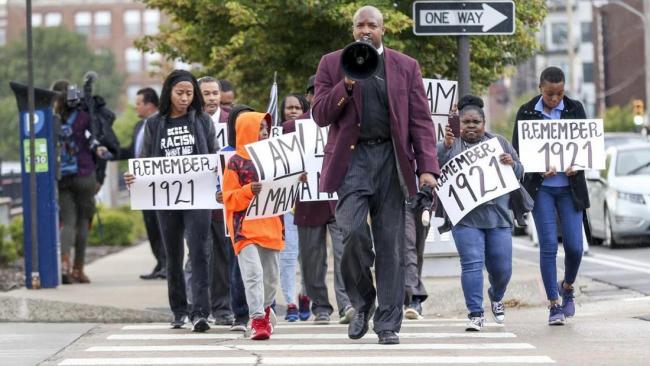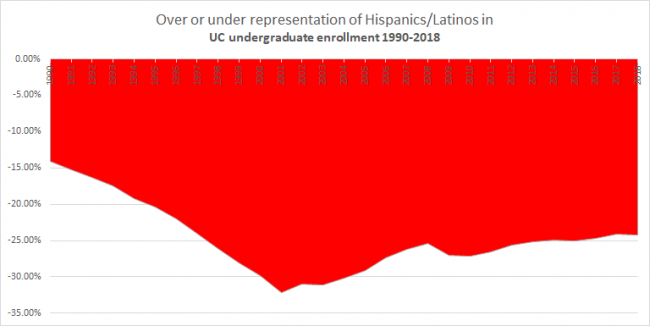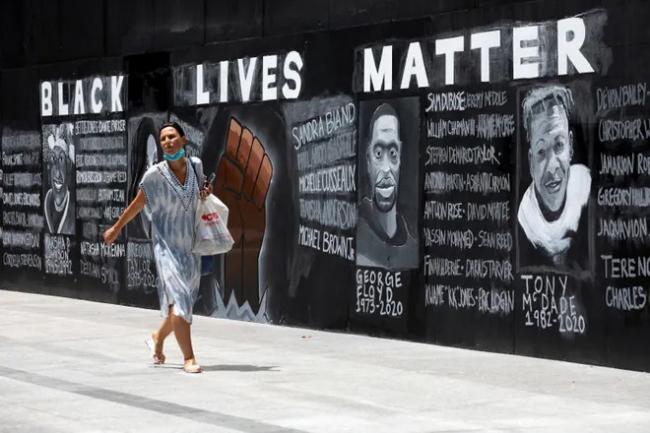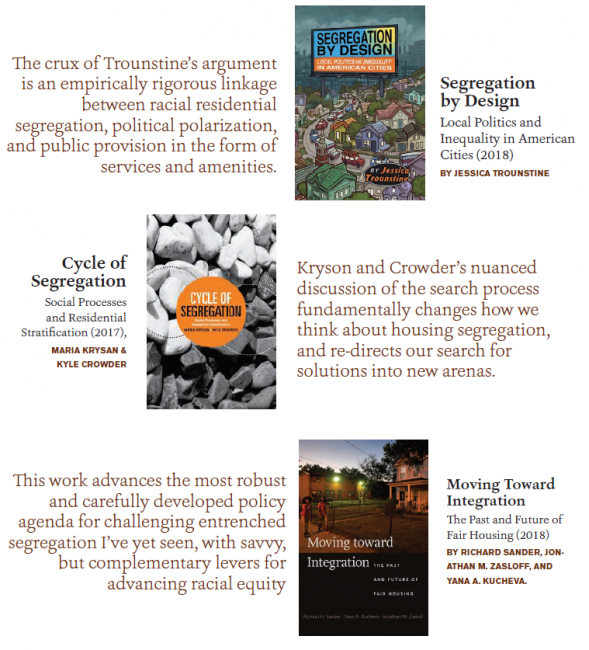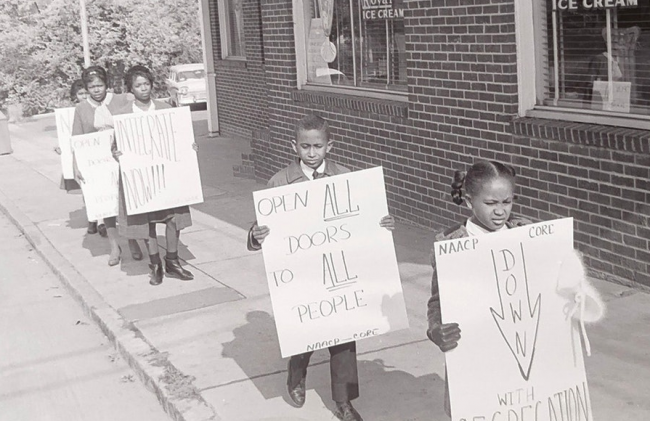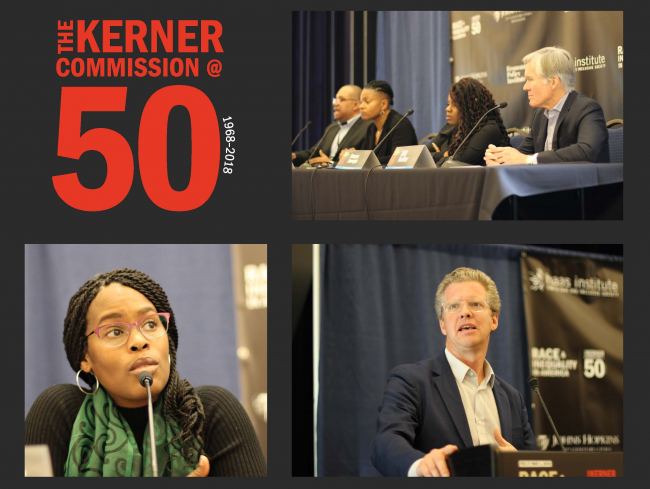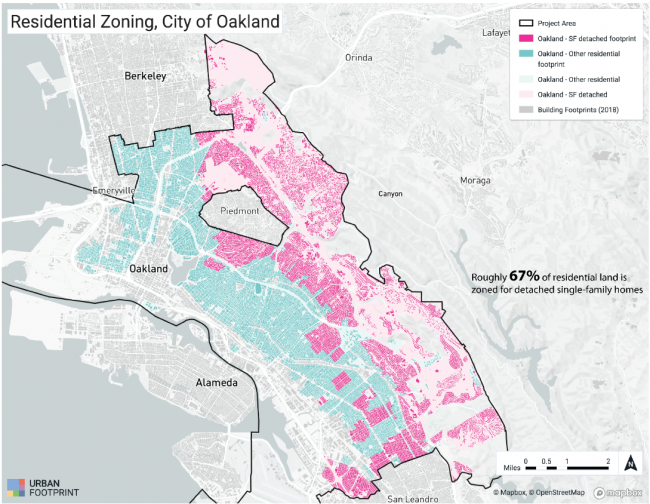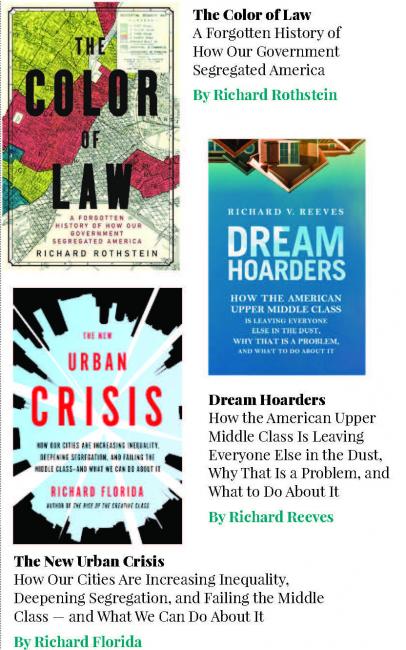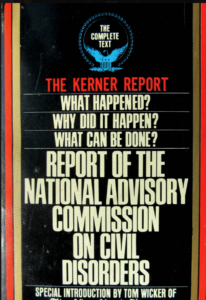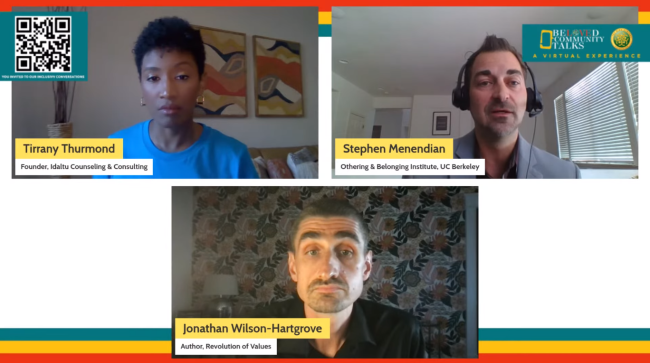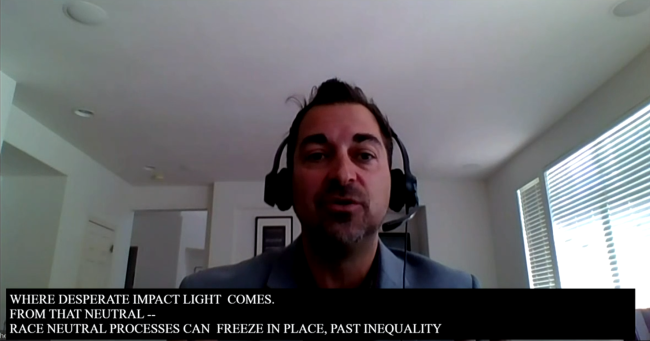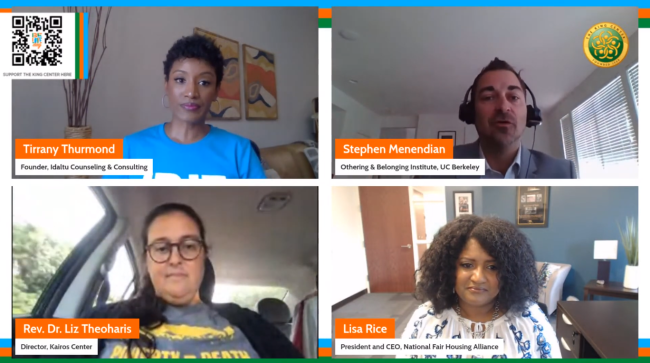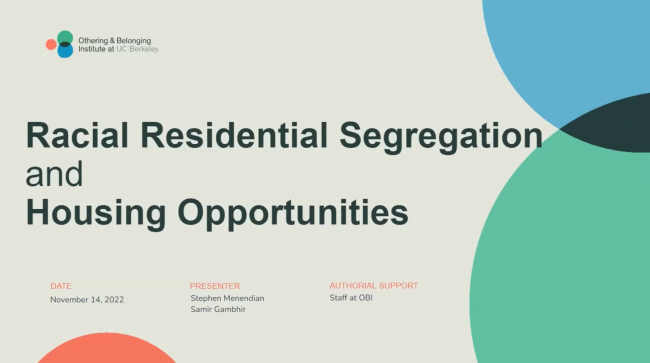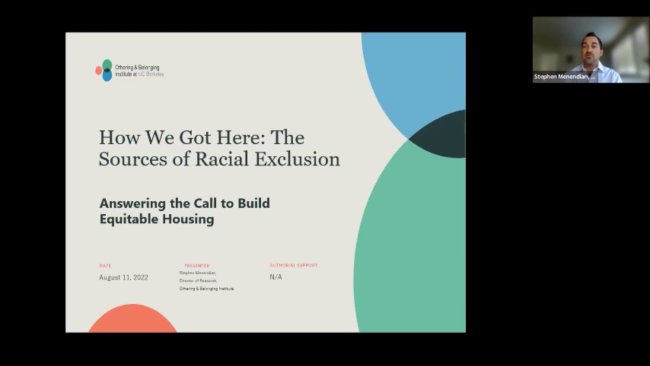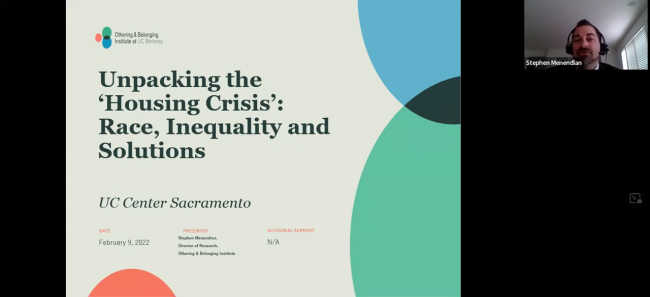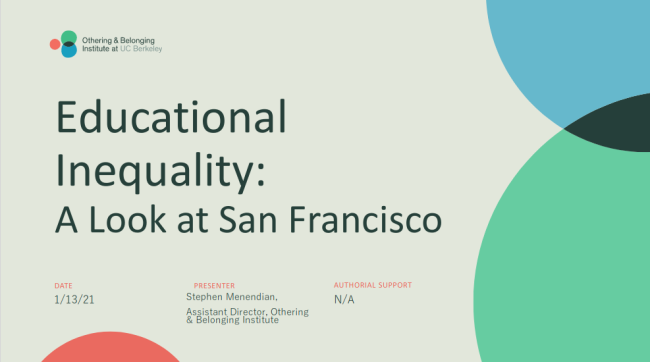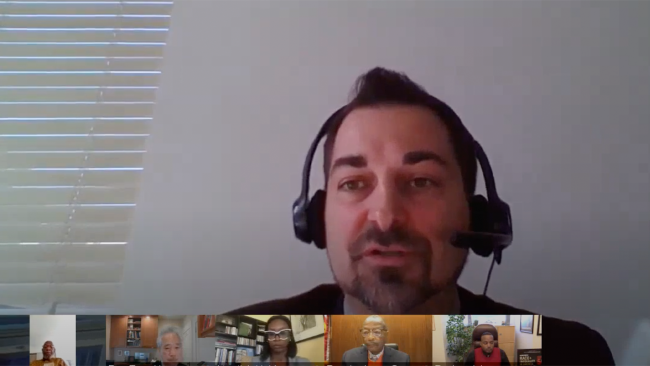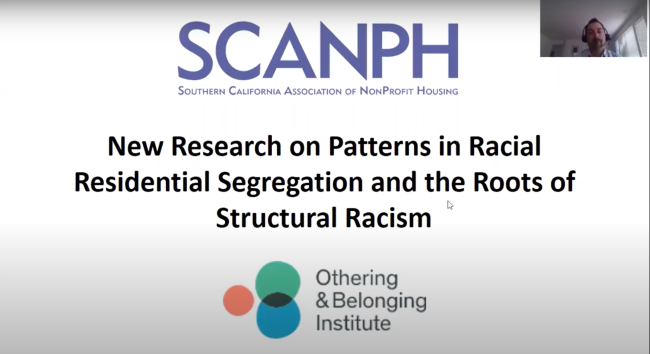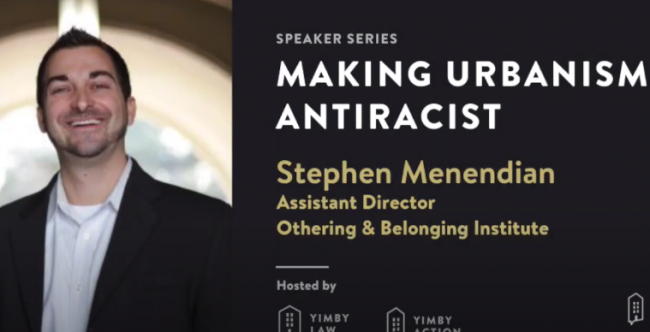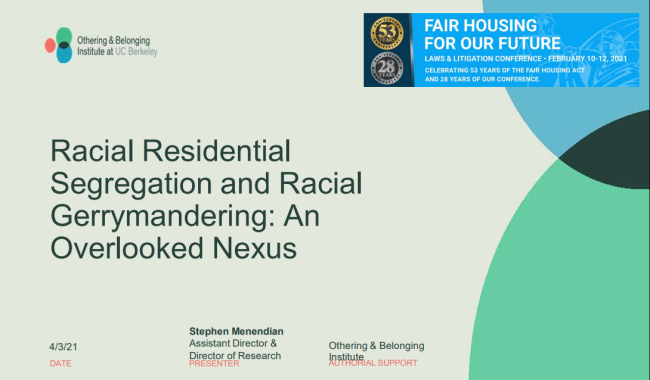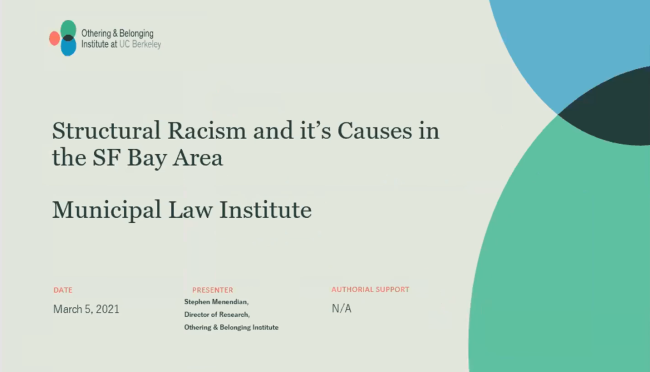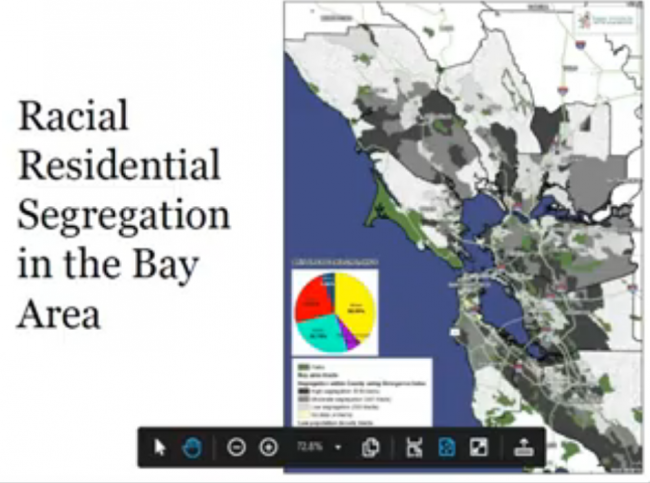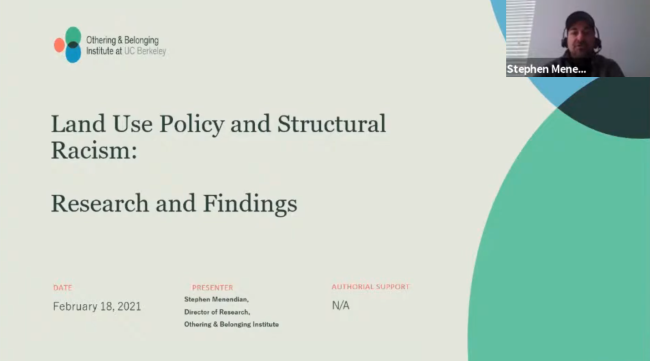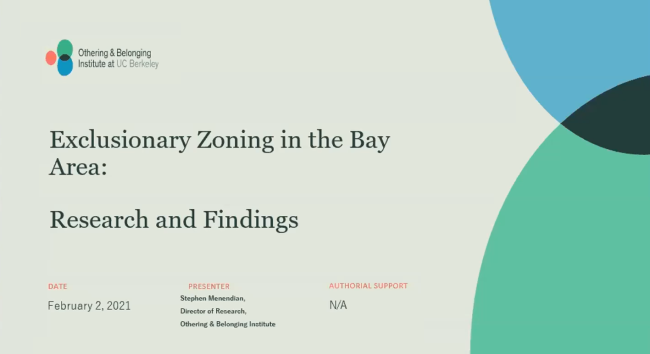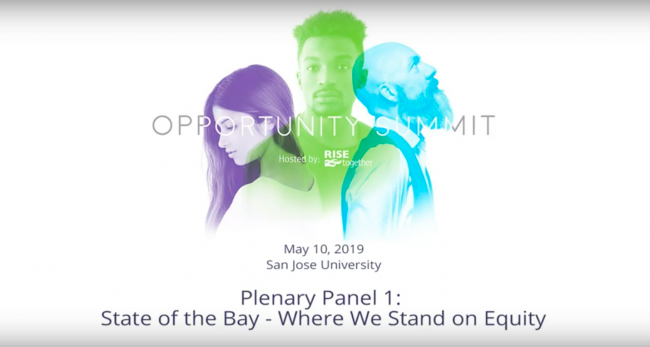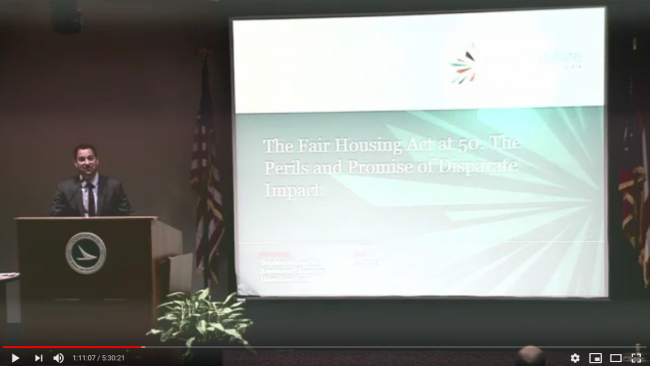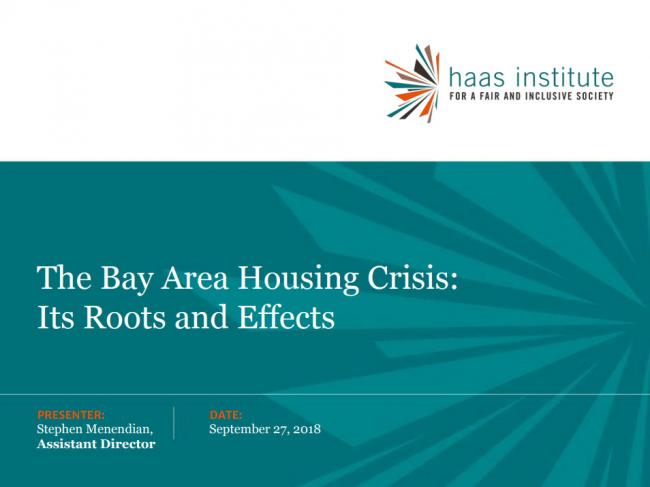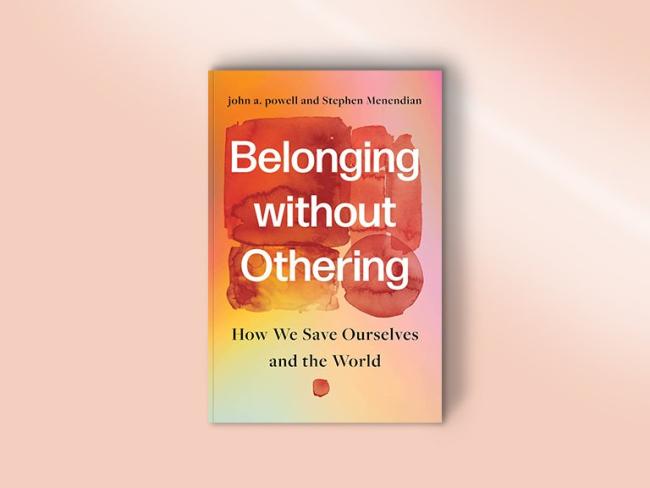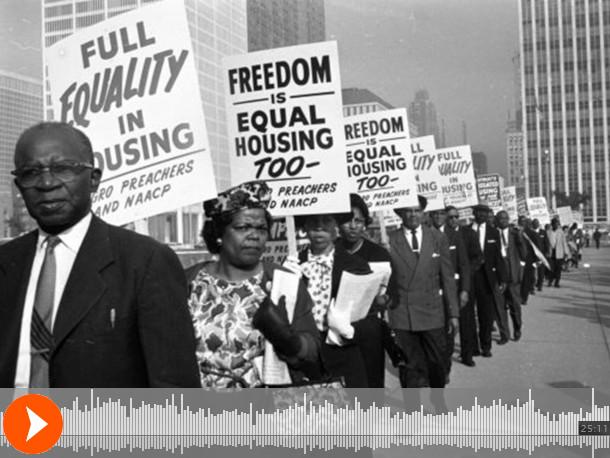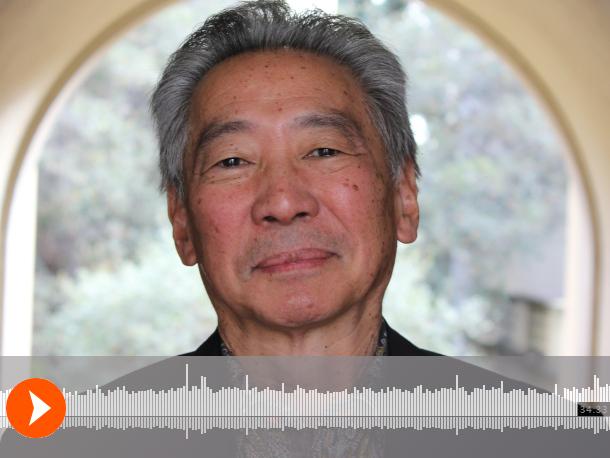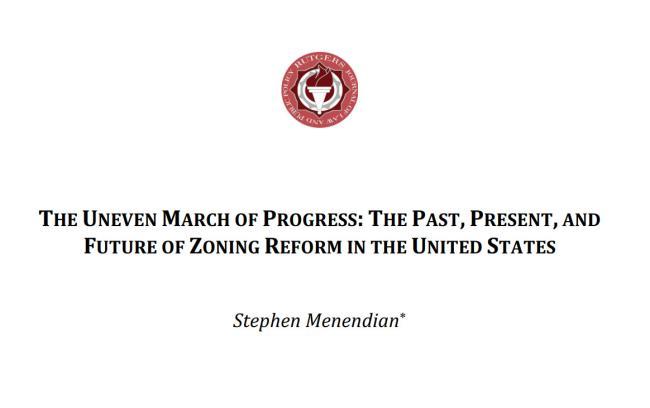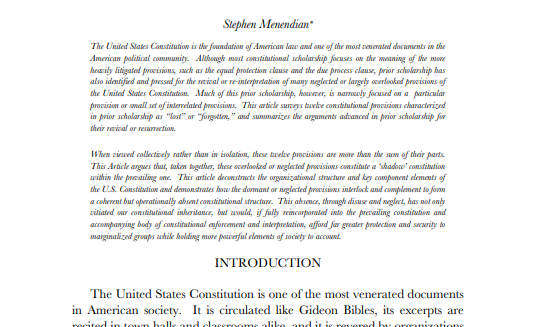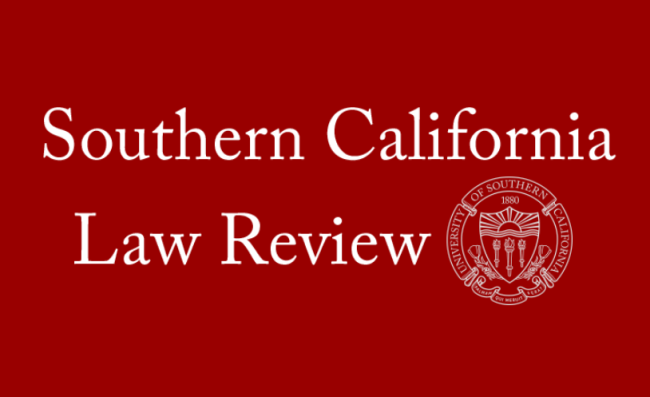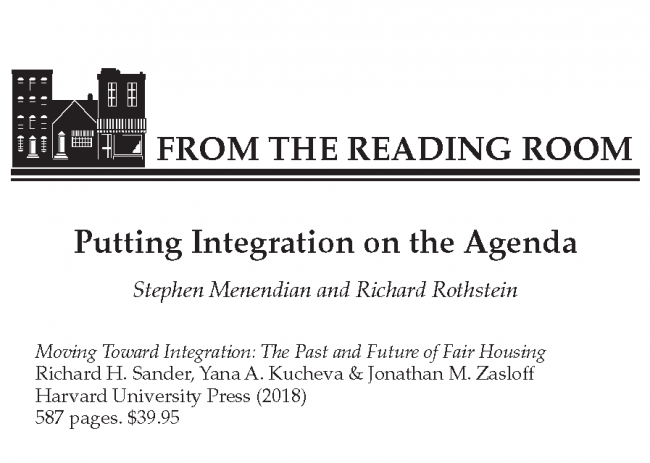Stephen Menendian is the Assistant Director and Director of Research at the Othering & Belonging Institute, where he supervises or leads many important initiatives, including projects advising state, local, and federal housing authorities. Stephen is the author of many scholarly publications and journal articles, including the landmark books Structural Racism: The Dynamics of Opportunity and Race in America and Belonging Without Othering: How We Save Ourselves and the World (with john a. powell) from Stanford University Press.
Stephen’s primary areas of expertise are structural racism, civil rights, fair housing, belonging, affirmative action, targeted universalism, and educational equity, and his research focuses on the production of inequality between social groups, how institutions and communities can foster belonging (moving beyond “diversity, equity, and inclusion”), and the optimal design of equitable race-conscious policies as permitted by law, including California’s anti-affirmative action ballot initiative, Proposition 209.
Stephen’s most recent scholarly publications in refereed journals include “The Past, Present, and Future of Zoning Reform in the United States,” an examination of recent zoning reform efforts at the local, state and federal levels for the Rutgers Journal of Law & Public Policy, “Race and Politics: The Problem of Entanglement in Gerrymandering Cases,” which critically explores the divergent constitutional standards governing judicial review of partisan gerrymandering versus racial gerrymandering claims for the Southern California Law Review, and “The Shadow Constitution: Rescuing Our Inheritance from Neglect and Disuse,” a survey of a dozen federal constitutional provisions that have fallen into disuse for the University of Pennsylvania Journal of Constitutional Law.
Among other Institute projects, Stephen spearheaded the “Roots of Structural Racism,” a multi-faceted, interactive study revealing the persistence of racial residential segregation and its harmful consequences, and directs the California Zoning Atlas, a comprehensive database and analysis of restrictive zoning regulations in California. Stephen also directs the “Structural Racism Remedies Project,” an exhaustive repository and analysis of policy recommendations aimed at addressing racial inequality, the Racial Disparities Dashboard, an interactive tool for assessing racial inequality and progress across a broad range of indicators, and the Zoning Reform Tracker, a repository for tracking municipal zoning reform initiatives across the United States. Stephen also co-leads the Inclusiveness Index, an annual ranking of global and US state inclusivity, and supervises the Campus Bridging Project, an initiative designed to create connections between social groups at Berkeley and to inculcate a deeper sense of belonging on campus.
Stephen co-chaired “Race & Inequality in America: The Kerner Commission at 50 conference,” a conference held in the spring of 2018 that brought together the nation’s leading experts on race and housing, the criminal justice system, employment, transportation and heath care in order to envision a contemporary racial justice agenda. The proceedings are archived on our Kerner@50 conference page, including “The Road Not Taken: Housing and Criminal Justice 50 Years after the Kerner Commission Report,” a retrospective report analyzing the failure to heed the warnings and adopt the policy recommendations advanced by the Kerner Commission in the realms of housing and policing, co-authored with Richard Rothstein.
Stephen developed and co-authored the Institute's Amicus brief in the United States Supreme Court case of Texas Department of Housing and Community Affairs v. the Inclusive Communities Project, which was cited by the Supreme Court in its landmark decision recognizing disparate impact claims under the federal Fair Housing Act. He also co-authored the Institute’s Amicus brief in Fisher v. Texas asking the Court to uphold the University of Texas’ race-conscious admissions policy in 2016.
Stephen regularly presents on the subjects of fair housing, affordable housing, racial segregation and inequality, zoning and land use policies, structural racism, Proposition 209 and race-conscious policymaking, targeted universalism, bridging practices and operationalizing belonging. In 2022, for example, Stephen was a featured speaker at the UC Center Sacramento, where he unpacked the “housing crises,” and served on a panel for the San Francisco Ed Fund on how to promote educational equity.
He has been interviewed, and his work covered, by CNN, Time, Newsweek, the Atlantic, the Guardian, the New York Times, the Los Angeles Times, the San Francisco Chronicle, Five Thirty Eight, The Root, Axios, Bloomberg News, the New York Post, and the East Bay Times, among other print media, and many local radio and television stations across the country (see media mentions below).
Stephen also regularly advises and provides technical assistance to policymakers, foundations, non-profits and other institutions on creative ways to promote diversity, equity and inclusion within the bounds of law and on equity metrics, such as measures of segregation, opportunity and belonging. For example, Stephen testified before the California Reparations Task Force on housing segregation and the racial wealth gap, before a joint hearing of two California General Assembly committees on the subject of racial disparities in homeownership and policies to reduce them. Stephen was also an expert reviewer for the “Stronger Democracy Award,” and has served as an expert witness in multiple disparate impact housing lawsuits. Stephen is a licensed attorney.
Selected Publications:
Books:
- Structural Racism: The Dynamics of Opportunity and Race in America, Routledge (2025).
- Belonging Without Othering: How We Save Ourselves and the World, Stanford University Press (with john a. powell) (2024).
Journal Articles and Chapters:
- “The Uneven March of Progress: The Past, Present, and Future of Zoning Reform in the United States.” The Rutgers Journal of Law & Public Policy, Vol. 21, No. 1, p. 73-121 (Fall 2023).
- “The Shadow Constitution: Rescuing Our Inheritance from Neglect and Disuse.” The University of Pennsylvania Journal of Constitutional Law, Vol. 26, No. 2, p. 339-404 (February 2024).
- “Race and Politics: The Problem of Entanglement in Gerrymandering Cases.” The Southern California Law Review, Vol. 96, No. 2, p. 301-354 (2022-2023).
- “Putting Integration on the Agenda” (with Richard Rothstein). ABA Journal of Affordable Housing, Vol. 28, Number 2, p. 147-176 (2019).
- “Affirmatively Furthering Fair Housing: A Reckoning with Government-Sponsored Segregation in the 21st Century.” National Civic Review, Vol. 106, Number 3, p. 20-27 (Fall 2017).
- “The Fight for Fair Housing: Causes, Consequences, and Future Implications of the 1968 Federal Fair Housing Act.” Routledge, p. 207-228 (October 2017).
- “What Constitutes a ‘Racial Classification’? Equal Protection Doctrine Scrutinized.” The Temple Political & Civil Rights Law Review, Vol. 23, p. 81-153 (Fall 2014).
- “Fisher v. Texas: The Limits of Exhaustion and the Future of Race-Conscious Admissions” (with john a. powell). University of Michigan Journal of Law Reform, Vol. 47, p. 899-933 (Fall 2014).
- “Beyond Public/Private: Understanding Excessive Corporate Prerogatives” (with john a. powell). University of Kentucky Law Journal, Vol. 100, p. 48-124 (2012).
- “Remaking Law: Moving Beyond Enlightenment Jurisprudence” (with john a. powell). St. Louis University Law Journal, Vol. 54 p.1035-1115 (2010).
- “Little Rock and the Legacy of Dred Scott” (with john a. powell). University of St. Louis Law Review, Vol. 52, p.1153-1189 (2008).
- “Parents Involved: The Mantle of Brown, the Shadow of Plessy” (with john a. powell). University of Louisville Law Review, Vol. 46, p. 631-702 (2008).
Selected Institute Publications:
- "Single-Family Zoning in California: A Statewide Analysis" (with Shahan Shahid Nawaz and Samir Gambhir). May 22, 2024.
- “Advancing Racial Equity: Legal Guidance for Advocates.” June 29, 2023.
- “The Racial Disparities Dashboard.” June 7, 2023.
- “The Zoning Reform Tracker” (with Ipso Cantong and Samir Gambhir). March 15, 2023.
- “Structural Racism Explained: Video & Teaching Guide.” January 16, 2023.
- “Deconstructing the 'Housing Crisis'.” November 30, 2022.
- “Single-Family Zoning in Greater Los Angeles” (with Samir Gambhir and Chih Wei-Hsu). March 2, 2022.
- “The Structural Racism Remedies Project.” February 16, 2022.
- “The Most Segregated Cities and Neighborhoods in the San Francisco Bay Area: The 2020 Update” (with Samir Gambhir and Chih Wei-Hsu). October 11, 2021.
- “The Roots of Structural Racism: Twenty-First Century Racial Residential Segregation in the United States” (with Samir Gambhir and Arthur Gailes). June 21, 2021.
- “Single-Family Zoning in the San Francisco Bay Area: Characteristics of Exclusionary Communities” (with Samir Gambhir, Arthur Gailes, and Karina French). October 7, 2020.
- “Ending Legal Bias Against Formerly Incarcerated People” (with Kimberly White, Eli Moore and Tamisha Walker). September, 2019.
- “The Road Not Taken: Housing and Criminal Justice 50 Years after the Kerner Commission Report” (with Richard Rothstein and Nirali Beri). May, 2019.
- “Targeted Universalism: Policy and Practice” (with john a. powell and Wendy Ake). May, 2019.
- “Racial Segregation in the San Francisco Bay Area, Part 1” (with Samir Gambhir). October, 2018.
- “Opportunity, Race, and Low Income Housing Tax Credit Projects An Analysis of LIHTC Developments in the San Francisco Bay Area” (with Phuong Tseng, Heather Bromfield, and Samir Gambhir). March, 2017.
- “The Inclusiveness Index 2016: Measuring Inclusion and Marginality” (with Elsadig Elsheikh and Samir Gambhir). September, 2016.
- “The Problem of Othering: Towards Inclusiveness and Belonging” (with john a. powell). Othering and Belonging, Issue 1, p. 14-39. Summer, 2016.
- “We Too Belong, A Resource Guide of Inclusive Practices in Immigration & Incarceration Law and Policy” (with Emily Stein, Thomas Nolan, Saba Ahmed, Bryan Lopez, Lupe Aguirre, and Guilherme Durães). April, 2016.
- Amicus Brief of Social and Organizational Psychologists as Amicus Curiae Supporting Respondents, Fisher v. University of Texas at Austin, et. al. in The Supreme Court of the United States. November, 2015.
- Amicus Brief of Housing Scholars as Amicus Curiae Supporting Respondent in Texas Department of Housing and Community Affairs v. the Inclusive Communities Project, in the Supreme Court of the United States. December, 2014.
- “Responding to Rising Inequality: Policy Interventions to Ensure Opportunity for All” (with Justin Steil). May 2014.
- “Diversity Strategies for Successful Schools Recommendations to the State Board of Education of Ohio.” The Ohio Department of Education. (with Becky Reno, Richard Muniz and Nikol Bowen). September 2011.
- “Affirmative Action in Ohio: A Resource for Policymakers and Advocates” (with Caitlin Watt, Ryan King and Chenwei Zhang). Kirwan Institute for the Study of Race and Ethnicity. October 2010.
- “Systems Thinking and Race Primer” (with Caitlin Watt). The Kirwan Institute for the Study of Race and Ethnicity. December, 2008).
- “The Structural Racism Report to the United Nations Committee on the Elimination of Racial Discrimination: A Response to the 2007 Periodic Report of the United States of America.” (with Marguerite Spencer, et al.) The Kirwan Institute for the Study of Race and Ethnicity. January 2008.
- Watch a Berkeley scholar explain structural racism (Berkeley News) | August 14, 2025
- This Berkeley scholar wants everyone to understand what ‘structural racism’ really means (Berkeley News) | July 28, 2025
- Butterflies Back in Presidio/ Fair Housing in Bay Area (KALW Public Media) | May 12, 2025
- Belonging without Othering (Let's Try That Again) | October 8, 2024
- What good is free speech if no one’s listening? (Berkeley News) | September 16, 2024
- The YIMBY push for multifamily housing hits a ‘nope’ from homeowners (Stateline) | September 16, 2024
- How We Got Here: The Origins of the Housing Crisis in the San Francisco Bay Area, Part One (Impact Lab) | June 7, 2024
- A Hopeful New Way to Pursue Racial Equity (The Chronicle of Philanthropy) | June 6, 2024
- Matter of Fact With Soledad O Brien (NBC) | March 10, 2024
- Can affordable housing for Indigenous communities work? (High Country News) | Feb. 27, 2024
- Pushing To Make The Formerly Incarcerated A Protected Class (Law360) | Feb. 2, 2024
- Build affordable housing, advocates urge California Forever (Times Herald) | Dec. 18, 2023
- What the Supreme Court Decision on Affirmative Action Means for Climate Equity Policy (Nonprofit Quarterly) | Oct. 30, 2023
- U.S. Slips in Global Inclusiveness Rankings (Michigan Chronicle) | Oct. 21, 2023
- The United States ranks 118th in the world for racial inclusion according to annual tally (NBC News) | Oct. 20, 2023
- Stephen Menendian featured in 2023 documentary "A Rising Tide" about homelessness in Alameda County
- Interview with Stephen Menendian about soaring housing prices in Los Angeles (LA Times Today) | Sept. 14, 2023
- Opinion: The $1-million home is becoming the norm in L.A. This is an outrage we could have prevented (LA Times) | August 14, 2023
- A Split-Screen Moment for Racial Politics (KQED) | June 29, 2023
- ‘Progress and regress’: Othering and Belonging Institute creates racial disparities dashboard (DailyCal) | June 19, 2023
- A Housing Crisis in Paradise (New York Review of Books) | April 26, 2023
- What makes a city integrated? (ABC5 Cleveland) | Nov. 1, 2022
- Racist deeds in Sonoma County and elsewhere are still on the books. A new state law seeks to get rid of them (The Press Democrat) | Aug. 19, 2022
- Report: Denser housing only zoned on less than a quarter of local land (Sacramento Business Journal) | July 24, 2022
- State bill requires removal of ‘racial covenants’ from California property records (East Bay Times) | July 5, 2022
- Hawaii Is Most Inclusive State as Louisiana Ranks Last: Study (Newsweek) | April 5, 2022
- Study: Louisiana ranks last on inclusiveness index, Hawaii first (Gonzales Weekly Citizen) | April 5, 2022
- California cities thwart fair access to housing (Whittier Daily News) | March 26, 2022
- UC study sees harm in high rates of single family zoning (The Real Deal) | March 7, 2022
- Study shows three-quarters of southern California neighborhoods zoned for single-family homes (KNCC radio) | March 3, 2022
- Here’s How LA’s Suburban-Style Zoning Contributes To Racial Disparities (LAist) | March 2, 2022
- 78% of Southern California neighborhoods don’t allow apartments, study finds (OC Register) | March 2, 2022
- The Lasting Legacy Of Redlining (FiveThirtyEight) | Feb. 9, 2022
- Targeted universalism: A solution for inequality? (CalMatters) | Feb. 4, 2022
- California clearly owes its Black communities reparations. Here's what that could look like (SF Chronicle) | Oct. 21, 2021
- It's time to make up for housing discrimination (SF Chronicle) | Oct 17, 2021
- Consider this From NPR interview with Stephen Menendian (KQED) | Oct. 14, 2021
- Racial residential segregation has gone down in Sacramento, study finds (Sacramento Bee) | Oct. 14, 2021
- Extreme Racial Residential Segregation In Oakland Despite Its Diversity (Bay City News) | Oct. 13, 2021
- California's Reparations Task Force to Hear Testimony on Anti-Black Racism in Housing and Education Policy (KQED) | Oct 12, 2021
- Here are the Bay Area’s most segregated, integrated communities (East Bay Times) | Oct. 8, 2021
- Racial segregation is alive and well -- and gripping America's cities (CNN) | Sept. 23, 2021
- California seeks to make its low-carbon living more affordable (Grist) | Sept. 20, 2021
- Berkeley Study: Salinas ranks high on the list of segregated metropolitan regions (KION 5/46) | Aug. 19, 2021
- California’s housing crisis: How much difference will a zoning bill make? (CalMatters) | Aug. 19, 2021
- The Resilience of New York’s Black Homeowners (New York Times) | Aug. 17, 2021
- U.S. neighborhoods are more segregated than a generation ago, perpetuating racial inequity (NBC Think) | Aug. 16, 2021
- Do you live in one of Memphis’ Blackest, whitest or most segregated neighborhoods? (MLK 50) | Aug. 6, 2021
- Florida city paints a different racial portrait of America (Christian Science Monitor) | Aug. 3, 2021
- East Bay city to look at allowing undocumented residents to vote in local elections (SF Chronicle) | July 28, 2021
- ‘Sea of white’: Marin segregation detailed in UC study (Marin Independent Journal) | July 10, 2021
- Research Traces Roots of Racial Disparities to Residential Segregation (San Francisco Public Press) | July 8, 2021
- U.S. Residential Segregation Is Likely to Get Worse: New Study (Bloomberg News) | July 8, 2021
- New Report Finds Major US Metro Areas, Greater Los Angeles Among Them, Are More Segregated Now Than 30 Years Ago (AirTalk) | July 8, 2021
- Measuring Diversity and Segregation in U.S. Cities (Wall Street Journal) | July 7, 2021
- LA has more diversity but is still segregated. Could that mean more uprisings? (KCRW) | July 6, 2021
- The Only Thing Integrating America (The Atlantic) | July 2, 2021
- Big Pharma Price Gouging; How Segregation Persists; Drones Go Global (Political Misfits Podcast) | July 1, 2021
- Muslim Network News TV interview | June 30, 2021
- New study shows racial housing discrimination increased nationwide (UpFront on KPFA) | June 29, 2021
- Shocking new study shows segregation growing worse in surprising parts of US (The Hill) | June 29, 2021
- The U.S. has become more segregated. That could make gerrymandering worse. (The Fulcrum) | June 28, 2021
- ‘Where you live determines everything’: why segregation is growing in the US (The Guardian) | June 28, 2021
- Your city is more segregated than it was in 1990, new study shows (Grist) | June 28, 2021
- L.A. segregation problems unchanged in decades, study shows (Los Angeles Times) | June 28, 2021
- How segregated is your Oakland neighborhood? (Oaklandside) | June 28, 2021
- What's Making the Bay Area More Segregated? (KCBS Radio) | June 26, 2021
- Researchers Say ‘Chronic Disinvestment’ Has Led to Detroit Being the Most Segregated City In the U.S. (Atlanta Black Star) | June 25, 2021
- Racial Segregation is Still an Issue in Most Metro Areas (Legal Reader) | June 24, 2021
- How 3 Decades of Increased Segregation in the Bay Area is Hurting Communities of Color (KQED) | June 24, 2021
- U.S. Latinos earn less, die earlier in segregated areas (Axios) | June 24, 2021
- Study: Racial segregation is increasing in the Bay Area and across the US (SF Gate) | June 23, 2021
- Sacramento ranks as a ‘highly segregated’ city, study finds. Why it’s worse than 30 years ago (Sacramento Bee) | June 23, 2021
- Othering & Belonging Institute holds residential segregation seminar (Daily Californian) | June 23, 2021
- Bay Area segregation is worsening, UC Berkeley study finds (San Francisco Chronicle) | June 22, 2021
- Segregation Is Getting Worse in the US. The Bay Area Is No Exception (KQED) | June 22, 2021
- Report: Oakland, Fremont among U.S. metro areas that have become more segregated (KTVU Fox 2) | June 22, 2021
- Study: US more segregated now than 1970, including Bay Area (KCBS) | June 22, 2021
- ABC7 News interview with Stephen Menendian (ABC7 News) | June 21, 2021
- Most major metropolitan areas have become more racially segregated, study shows (CNN) | June 21, 2021
- Study Finds That Detroit is the Most Segregated City in the Country (The Root) | June 21, 2021
- The U.S. Is Increasingly Diverse, So Why Is Segregation Getting Worse? (Time) | June 21, 2021
- Bay Area is Becoming More Racially, Economically Segregated: UC Berkeley Study (NBC Bay Area) | June 21, 2021
- The D.C. Region Has Become More Diverse — But Also More Segregated, Study Finds (DCist) | June 21, 2021
- Most big cities have become more racially segregated: study (New York Post) | June 21, 2021
- How American racism is rooted in residential segregation (Berkeley News) | June 21, 2021
- Bay Area has become more segregated over decades, report says (East Bay Times) | June 21, 2021
- Detroit ranked as one of the most segregated cities in the country (Michigan Radio) | June 21, 2021
- Most segregated city in America is Detroit. How that impacts Detroiters (Detroit News) | June 21, 2021
- 'It was traumatizing': Black drivers more likely to be stopped by police in Berkeley, audit finds (San Francisco Chronicle) | May 2, 2021
- Palo Alto's housing debate is a battle over Silicon Valley segregation (San Francisco Chronicle) | May 1, 2021
- Oakland's guaranteed income program caught up in debate over race and equity (San Francisco Chronicle) | April 6, 2021
- Facing Housing Crunch, California Cities Rethink Single-Family Neighborhoods (NPR) | March 13, 2021
- ‘A symbolic step’: Berkeley to end exclusionary zoning by 2022 (The Daily Californian) | February 25, 2021
- Berkeley may get rid of single-family zoning as a way to correct the arc of its ugly housing history (Berkeleyside) | February 17, 2021
- California Cities Rethink the Single-Family Neighborhood (KQED) | February 16, 2021
- SPUR Talk: The Racist Roots of Single-Family Zoning (Streets Blog SF) | February 4, 2021
- Capitol riots: A broader symbol of ethno-nationalism across the globe (The Daily Californian) | January 28, 2021
- Voting rights groups see gerrymandering as potent threat (The Hill) | January 18, 2021
- Can Lawsuit Force Clovis to Roll Out Welcome Mat to Low Income Renters? (Capital & Main) | December 10, 2020
- Here's why Marin continues to be the Bay Area's most segregated county (San Francisco Chronicle) | December 8, 2020
- UC Berkeley project publishes list of Bay Area cities ranked by severity of segregation (The Daily Californian) | December 3, 2020
- Marin County dominates racial segregation rankings in Bay Area according to UC Berkeley study (The Mercury News) | November 30, 2020
- Californians reject affirmative action. Maybe they're not progressive after all (San Francisco Chronicle) | November 9, 2020
- Proposition 13 Under Increased Scrutiny as California Faces Economic Crisis (KCET) | October 13, 2020
- The Racist History of Single-Family Home Zoning (KQED) | October 5, 2020
- History of Redlining, Predatory Lending, Systemic Racism Impacts Black Home Ownership In Bay Area (CBS SF Bay Area) | June 29, 2020
- People of color living in low-resource neighborhoods (Local News Matters) | August 13, 2019
- Segregation in the San Francisco Bay Area (El Show de Andrés Soto. KPFA Berkeley) | February 7, 2019
- The US is much less inclusive than it was two years ago. Here's why (CNN) | December 30, 2018
- Inclusionary Housing (HouseKeys Radio with Julius Nyanda - KDOW Fremont) | March 13, 2018
- 50 Years Ago, This Groundbreaking Report Confronted America’s Racial Struggle (Crosscurrents with Hana Baba - KALW Public Radio) | February 27, 2018
- Opinion: 50 years later, nation faces same racial divisions (East Bay Times) | February 13, 2018
- How Stockton, Calif., has resisted political polarization (The Christian Science Monitor) | October 17, 2017
- Supreme Court upholds affirmative action with no impact on UC policy (The Daily Californian) | June 24, 2016
- Where are you Going to Live? (Sunday Show with Philip Maldari - KPFA Berkeley) | August 2, 2015
- Oakland Building New Housing, But For Whom? (KQED) | November 10, 2014




